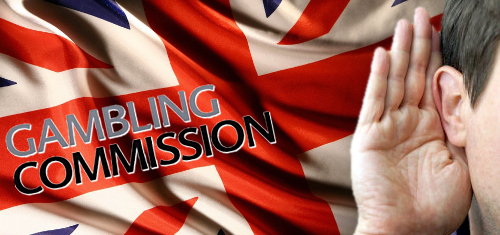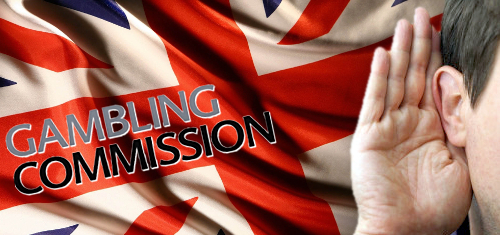 The UK Gambling Commission has asked stakeholders to weigh in with their thoughts on how to regulate betting with virtual currencies, social gaming and eSports.
The UK Gambling Commission has asked stakeholders to weigh in with their thoughts on how to regulate betting with virtual currencies, social gaming and eSports.
On Thursday, the UKGC published a discussion paper stating its belief that lines between social gaming and gambling products were “blurring,” that some social gaming operators were unknowingly offering gambling games, and “new issues” raised by the burgeoning eSports gambling market.
The UKGC claimed that recent reports that it was now allowing licensees to accept virtual currencies like Bitcoin was actually old news, while reiterating that Bitcoin-friendly operators “must satisfy themselves and the Commission that they can meet their obligations for anti-money laundering and for social responsibility.”
As for eSports ‘skin betting’ operators, the UKGC says a betting license is required when skins “are traded or are tradable and can therefore act as a de facto virtual currency and facilities for gambling with those items are offered.”
In terms of betting real money on eSports events, the UKGC expects operators to “manage the risks” of cheating, match fixing, problem gambling behavior and wagering by children and young people.
The UKGC also tackled heads-up eSports betting sites, saying that a site that provides “a service designed to facilitate the making or accepting of bets between others … may be acting as a betting intermediary and would need a license.”
The UKGC noted there may be a gray area between acting as a betting intermediary and accepting payments to participate in a competitive eSports tournament. Criteria for differentiating the two includes a number of factors, including how many people participate in a tournament.
As for social gaming, the UKGC says its main interest remains in casino-style games, which, so long as they involve virtual chips, don’t require further intervention. However, the UKGC said its view would change if it learned that virtual chips or tokens were “being traded or are tradable or are being used as a de facto virtual currency.”
The UKGC says it has sent cease-and-desist letters to over 100 gambling sites that were operating without a UKGC license. Most of these sites have complied with the UKGC’s order to stop serving UK punters, while a “smaller number” of sites were subject to payment blocking and “the remainder” are the subject of ongoing enforcement activity.
